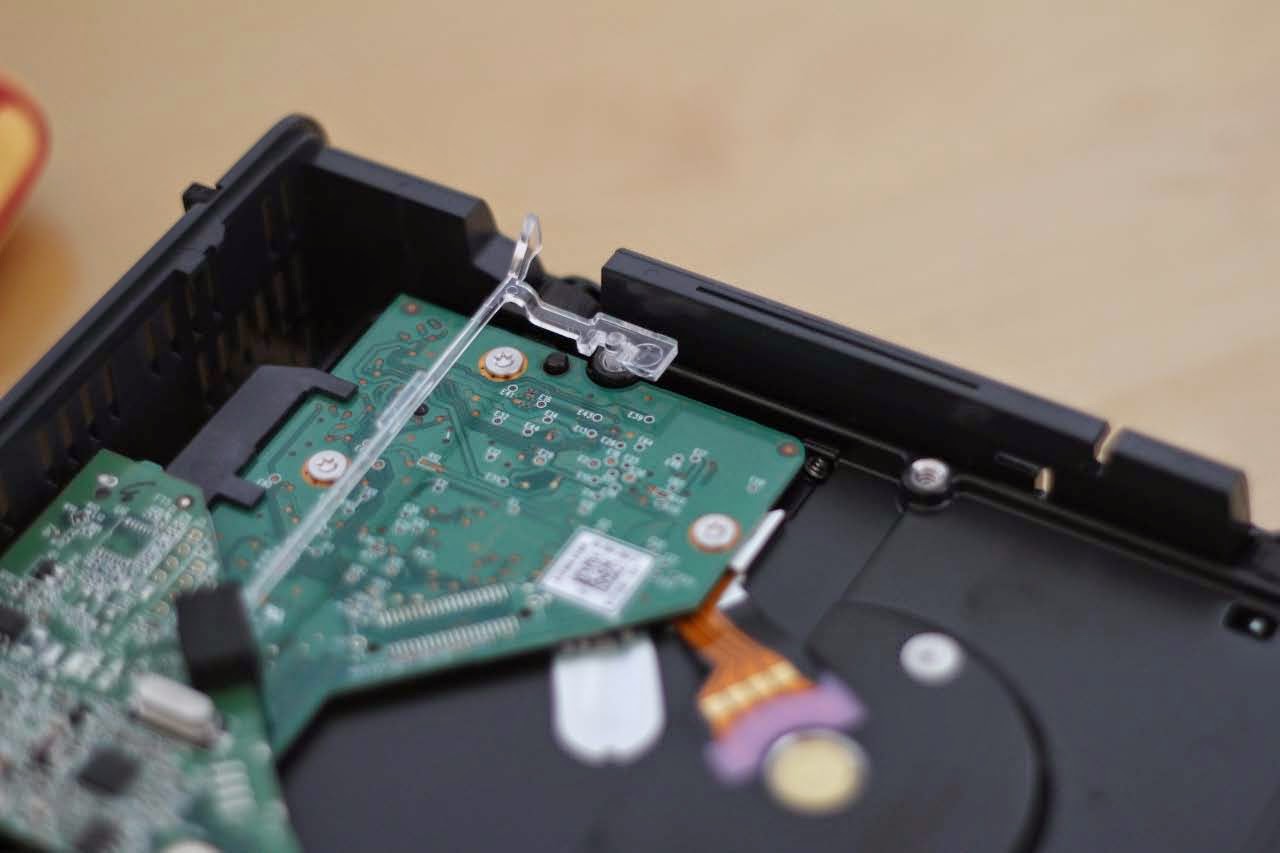How can I prepare a disk for the enclosure?
If its a new disk just drop it in and you are good.
If you want to use an existing disk with data
- Make a copy
- Make a second copy
- Make a third copy (keep this off site - Another location
Now you have backups we can proceed. Note one copy is NOT a backup.
When you put a new drive in the enclosure, normally there is a prompt to format the device, accepted and the drive comes on line after the format.
Which Operating system are you using? It is a bit more involved in Win7 as the large drives are quite new Win8.1 does not need any special apps.
For used drives you need to wipe the drive partition. If the drive works when connected via SATA it has a partition table!
If you want to try some of the free tools remember these will only work if the drive is connected via SATA to your PC
http://www.partitionwizard.com/free-partition-manager.html
http://www.easeus.com/partition-manager/
When you install a drive in the external enclosure your data is written to the disk by the USB-SATA bridge controller.
When the a 3TB disk is installed the WD's 3TB My Books are configured with 4KB LBAs. When you remove the drive from its enclosure and install it inside a PC, you expose the drive's 512e LBAs. This means that sector 0 is still in the same place but every other sector is out by a factor of 8.
The original partitioning scheme on the disk when its in the enclosure is MBR, not GPT. A 4KB sector size allows for a maximum MBR partition size of 16TiB whereas the traditional 512-byte sector size would limit the partition to 2TiB. This is why the controller masks the true drive geometry.
What to do
- Pop the drive into a PC using SATA and wipe the partition table and the drive. WD utils will help here or one of the free tools above.
- Windows might offer to format the drive for you, decline
- Remember at this time the drive will not be accessible from the PC except as a raw unpartitioned drive.
- Remove the drive from the PC (Power down the PC wait for the disk to stop spinning)
- Pop the drive into the enclosure and connect via USB add power
- Windows should offer to format the new device, accept and go with the defaults. Remember it can take a minute or 2 to detect the USB drive.
Tip
Do not use a USB HUB or Front Panel USB use the USB socket on the rear of the machines (this normally comes off the motherboard for a PC.) on a laptop try and unplug other use ports (e.g Phones charging etc.)
If this does not work try another Hard disk and report if that works. Some HDs may have a geometry that cannot work with a USB controller.
FAULTY DRIVES
- If your old drive has errors, Run CHKDSK /F /B on the drive.
- Spinrite is a great program for bringing life back to old drives. www.grc.com
- Use the drives low level utilities to low level format the drive.
- Also the slow format (not quick format) in Windows will write to all parts of a drive. This can be slow but it will test the entire disk's surface.
























